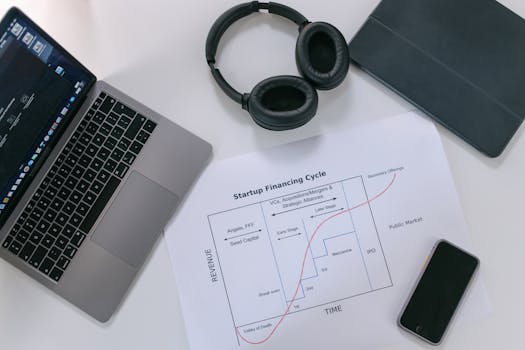
Introduction

In today’s fast-paced world, managing your time effectively is more crucial than ever. Many people struggle to meet deadlines and prioritize their tasks, leaving them feeling overwhelmed and unorganized. But fear not! In this article, we will delve into proven strategies for effective time management that can help you reclaim your day, enhance your productivity, and encourage overall personal development.
1. Set Clear Goals and Prioritize

The foundation of effective time management starts with setting clear, achievable goals. Identify both short-term and long-term objectives and make them SMART: Specific, Measurable, Achievable, Relevant, and Time-bound. Once you have established your goals, prioritize them using tools such as the Eisenhower Box, which helps distinguish between what is urgent and what is important. This way, you can focus on tasks that indeed contribute to your key objectives rather than getting lost in discussions around tasks that might not matter as much.
2. Utilize Time Blocking Techniques

Another effective strategy is time blocking, the practice of dividing your day into sections or blocks where you dedicate specific periods to certain tasks. Not only does this structure your time, but it also prevents multitasking, helping you to improve concentration and minimize distractions. For instance, reserve the first part of your morning for deep work when your mind is fresh and allocate time in the afternoon for less critical tasks or meetings. Stick to the allocated time lest it creates kindling for procrastination.
3. Use Technology to Build a Timetable

With the advancement of technology, we have a wealth of tools to streamline time management. Utilize scheduling applications like Google Calendar or Trello to visualize deadlines and track your progress on projects. Setting reminders and alerts allows for proactive time management; this way, you’re always in control and stay squared with your priorities. Additionally, using time-tracking software can provide insights into how you allocate your hours daily, illuminating areas for improvement.
4. Embrace the Pomodoro Technique

The Pomodoro Technique involves breaking your work into intervals, traditionally 25 minutes long, followed by short breaks. After four intervals, take a longer break of about 15-30 minutes. By using this technique, you enhance your focus while keeping the mind fresh. The timed intervals create a sense of urgency that can drive productivity, preventing burnout while appointed and leading you to format better organized periods of time recovery.
5. Regular Review and adjustment

An essential aspect of time management is regularly assessing your effectiveness. Weekly reviews should entail reflecting on what has worked or might be restricted regarding your organization of tasks and how allocated time paralleled expected productivity outcomes. If a strategy isn’t delivering the desired results, it’s wise to adjust it rather than mismatched tweak the one until it fits. Retaining flexibility ensures dealing adequately with factors causing interruptions or altering workloads.
Conclusion

Effective time management is a skill, and mastering it involves intentionally practicing various strategies. Set clear goals, utilize time blocking, leverage technology, embrace techniques like Pomodoro, and regularly adjust your methods. Try these insights and watch how managing your time can lead to remarkable improvements in your personal and professional life! Time managed well brings organization, clarity, and an enhanced sense of achievement.
Takeaways:

- Set SMART goals to clarify and prioritize tasks.
- Use time blocking to dedicate focused effort on deep work and minimize distractions.
- Embrace technology for scheduling and time tracking.
- Incorporate the Pomodoro Technique to enhance concentration and efficiency.
- Conduct regular reviews to modify approaches for better time management.
Sources

- Mind Tools – Time Management
- Todoist – Pomodoro Technique
- Zapier – Best virtual time management tools







